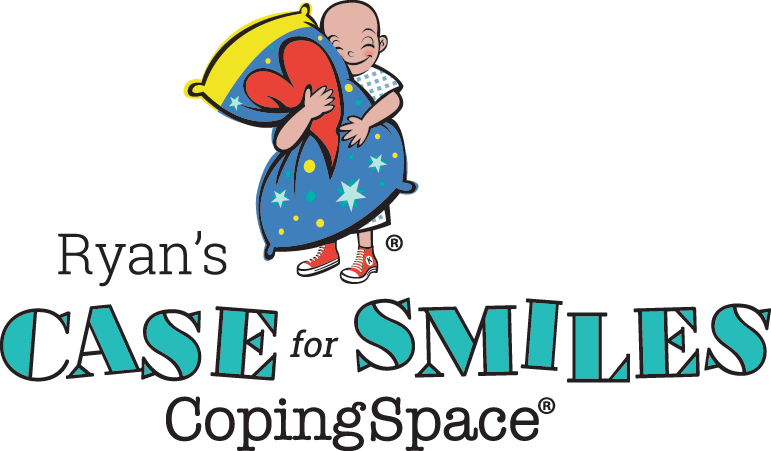BLOG
How to Help a Friend When Their Child is Ill
August 5, 2019
Sadly, most of us know someone whose child has been diagnosed with a life-changing illness – whether it’s cancer, diabetes or severe asthma. And it’s natural to want to help.
It’s equally normal to feel powerless, confused, and unsure what to do. Words can fail us, and we worry about doing or saying the wrong thing so much that sometimes we don’t do anything at all. This is a shame – and a missed opportunity.
While there is no one perfect way to help a friend, there are some basic guidelines. Below are a few tips to keep in mind. But above all else, just be there, listen and let your friend know they are not traveling this road alone.
Supporting a Friend with an Ill or Injured Child
Ask – Then Listen!
Everyone, and situation, is unique. So, the first step in helping anyone is to ask what they need. Don’t assume. You may believe you would do things differently, and we hope you never find out. However, it’s best to follow your friend’s lead.
Of course, while asking is important, caregivers may not always know what to say – or struggle to accept help! Use your knowledge of your friend and watch to see what the family needs in the moment. Having a suggestion ready could help take the pressure off.
Do the Recurring, Mundane Things
One of the best ways to support a caregiver is to lessen the burden of everyday life. Walking the dog, vacuuming, doing dishes – these ordinary acts are tangible proof of love.
Running errands is also a great way to help. Many people think to bring food (and this is greatly appreciated) – but what about Kleenex, paper towels, toilet paper or Tupperware for all those leftovers? These unsung heroes can make life more manageable as your friend juggles treatments, tests and doctor’s visits.
Feed The Family
As mentioned above, food is a great way to show a friend a little love. Ask what they have been eating lately and if there are any dietary restrictions. This way you can make sure they aren’t having tuna casserole all week.
Think of things kids will want to eat too. In addition to meals, granola bars, cereal, waffles, fruit and cheese sticks are great ideas. Because let’s be real, most kids just don’t appreciate creamed spinach.
Support the Siblings
It’s hard parenting multiple kids under normal circumstances – it’s even harder when one is ill or injured. Despite best intentions, it’s common for siblings to get lost in the shuffle.
Take time to make them feel special and ensure they have all they need. Send a card letting them know you are thinking of them. Or better yet, take them out on a special play date and give them space to talk.
Toys, activities and books are also great for younger kids, while teens may appreciate magazines and gift cards. Just be sure to check with their parents first to make sure these gifts are okay.
Just Spend Time
The best thing you can give is time. Send a note or text letting your friend know you are thinking of them. Stop by for coffee and a chat. (Just be sure to text first to ensure they are home and up for company!)
Your friend may need to vent, or they may want to talk about something unrelated. Either way, know you don’t have to have all the answers. It can be uncomfortable to sit with a friend in pain, and tempting to point out the positives. But generalized platitudes aren’t helpful. Stick with the truth – this hurts, you love them and you are there.
Understand Your Relationship May Evolve
Your friend is going through a very difficult experience, and regardless of the outcome, they will be forever changed. They may be short-fused or impatient because they are overwhelmed and scared. They likely cannot show up for their part of the relationship very well right now, and you may feel ignored.
Please don’t take it personally, and please don’t let it push you away.
Commit to the Long-Haul
Finally, it’s important to remember that your friend needs you well beyond diagnosis. While many may step up at first, this initial response often trails off after a little while.
Be reliable and check in regularly. Specific needs may change over time, but friendship, support and encouragement are timeless.
